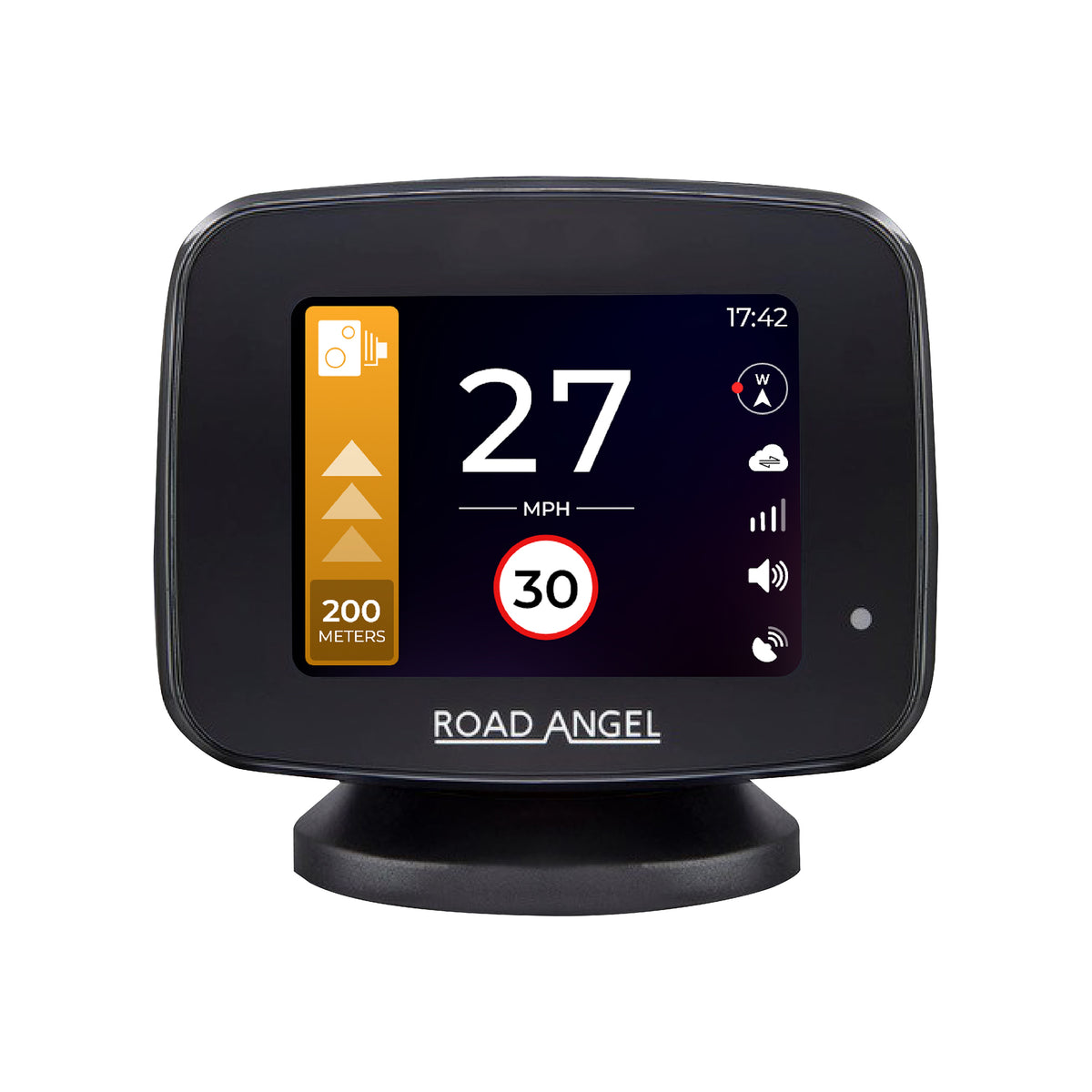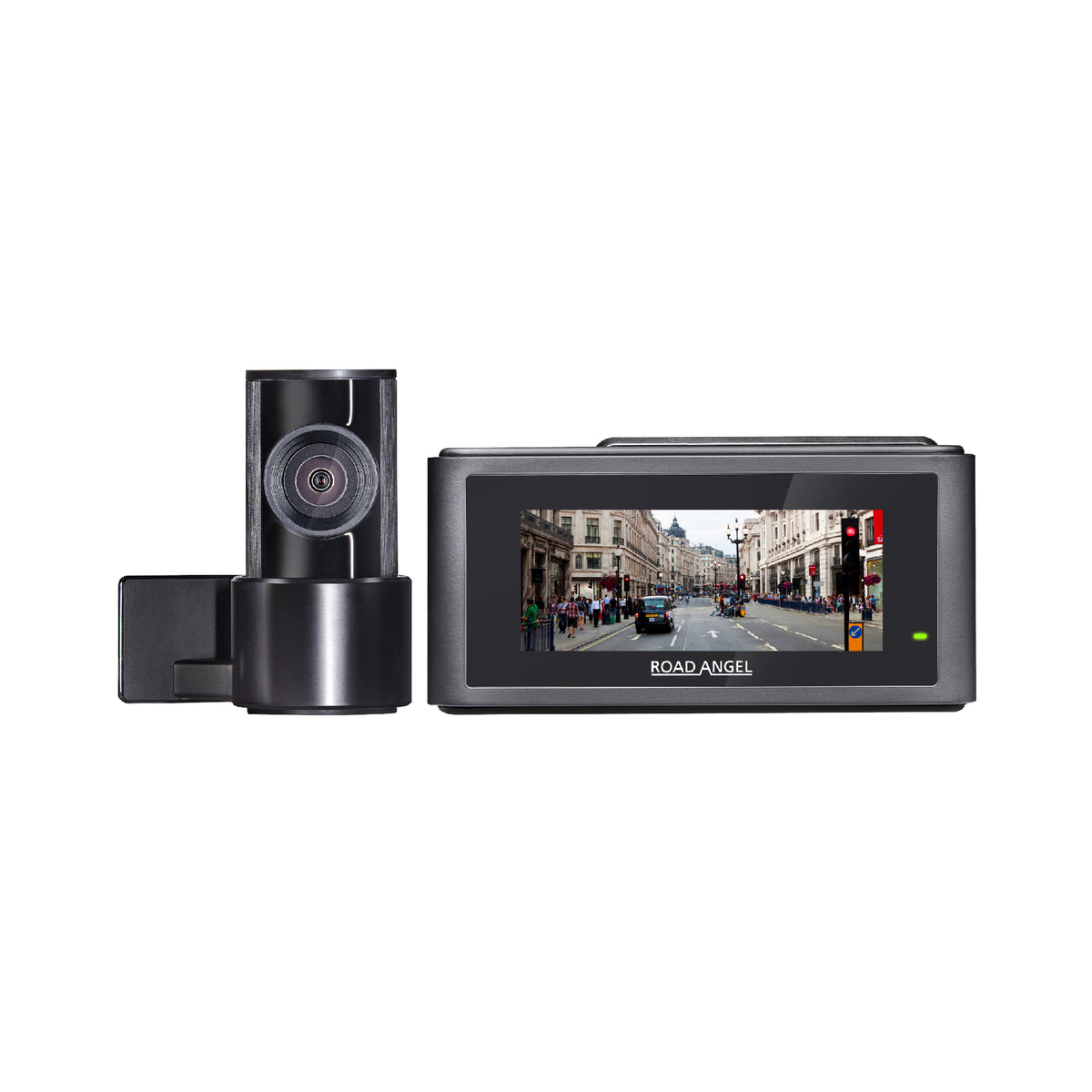It seems that never a week goes by without some form of criticism from the press, regarding Smart Motorways.
So, are Smart Motorways actually making a difference to us who travel the motorways? And is it time to showcase the benefits for a change?
Here is my story
About eighteen months ago I was travelling south bound on the M1, between Junctions 19 and 18, when my car developed a problem and went into ‘Limp home mode’. I was in a Smart Motorway section and in the fast lane.
In an instant my car went from a happy 70mph to a not so happy 45mph and in that time I suddenly had to put on my hazard lights and try and make my way over 2 lanes so I could find a refuge area. Those few minutes were terrifying, especially as the motorway was busy and cars around me were still travelling at 70.
Luckily for me a refuge area was only a few hundred yards away and I stopped there. The problem cleared itself after an ignition cycle and I was on my way again quite quickly (the problem was to do with injectors if anyone is interested and cost a few pounds to get fixed).
So, from that experience, what do I now think about Smart Motorways? Am I in favour, indifferent or against the implementation of them?
Initially I thought against, as my experience was not good however, thinking back to that afternoon, I am now in favour of them and here are my reasons why:
- Having a dedicated refuge area to pull into rather than just a hard shoulder, was definitely beneficial.
- Having a phone line there for the emergency services, bonus.
- Knowing that you are seen by the Highways Officers via CCTV, a relief.
But what are the other benefits of Smart Motorways? Based on this question, I did some research.
According to a study carried out by Highways England, regarding a newly installed Smart Motorway on the M6 in Cheshire, it was found that drivers are now travelling up to 15 miles per hour faster than they were before the Smart Motorway was installed and spending over 30 minutes less time on the road each week.
This doesn’t sound much but the route is only 19 miles in length and 30 minutes saving per week equals 2 hours per month – suddenly the numbers start to work!!
It was also found that the number of collisions has reduced by around 30%. 97 incidents were reported from April to June 2015 compared to 68 during the same three months of 2019
It is of the opinion that overall safety has improved by over 25% on England’s ‘All Lane Running’ / ‘Smart Motorways’, due to the amount of information which can be conveyed to the driver and the dedicated refuge areas.
Improved signage telling drivers of hazards ahead, matrix boards displaying big red ‘X’’s, when a lane is closed, signs telling you to move over as there is debris in the road, signs telling you to reduce your speed etc. All of this adds up to making our Motorway Nightmares a little easier to cope with.
Highways England completed the £255 million project to upgrade the M6 between Crewe and Knutsford in March 2019 – the most significant change since the M6 first opened in the county in 1963.
A fourth lane has been introduced in each direction and a total of 258 electronic signs, 104 traffic sensors and 70 CCTV cameras are helping to tackle congestion and improve journey times for around 120,000 drivers every day.
Construction work is currently taking place on a similar upgrade of the M62 near Warrington, and preliminary work is also due to start later this year on the stretch of the M62 over the Pennines which links the North West to Yorkshire.












